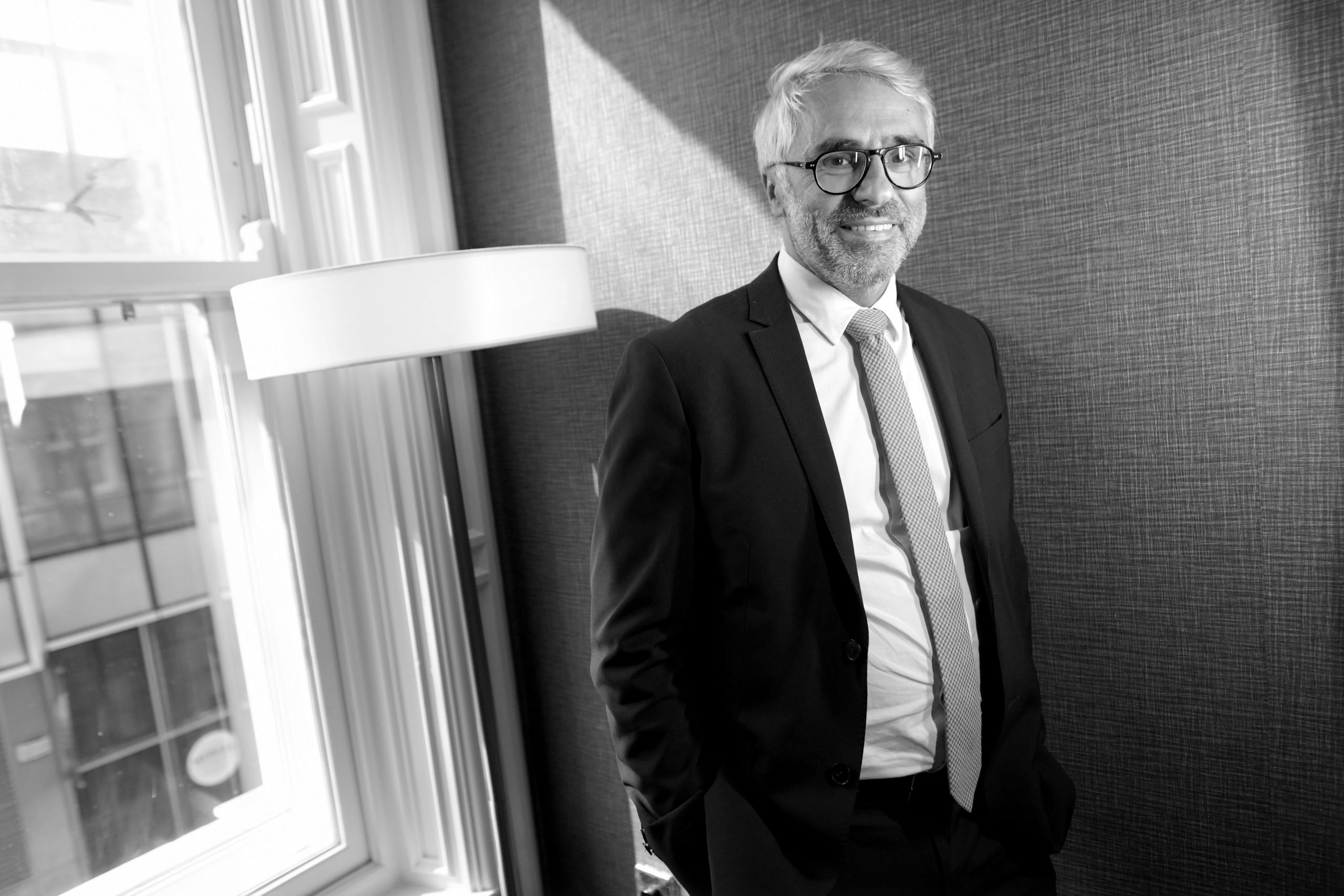On Wednesday, the OECD published its proposal to re-balance the taxation of increasingly digital multinationals between the countries where they do business. This set of rules focused on e-business is the first pillar of two, with a further proposal to ensure a minimum corporate tax on multinationals’ profits due next month. And all have massive implications for Ireland. The man overseeing the drafting of these documents is Pascal Saint-Amans, an unlikely revolutionary. Suave and softly spoken, he sports designer stubble, wears fitted suits, and his greying hair is foppishly fashionable. A graduate of the fabled National School of Administration in Paris,…
Cancel at any time. Are you already a member? Log in here.
Want to read the full story?
Unlock this article – and everything else on The Currency – with an annual membership and receive a free Samsonite Upscape suitcase, retailing at €235, delivered to your door.

